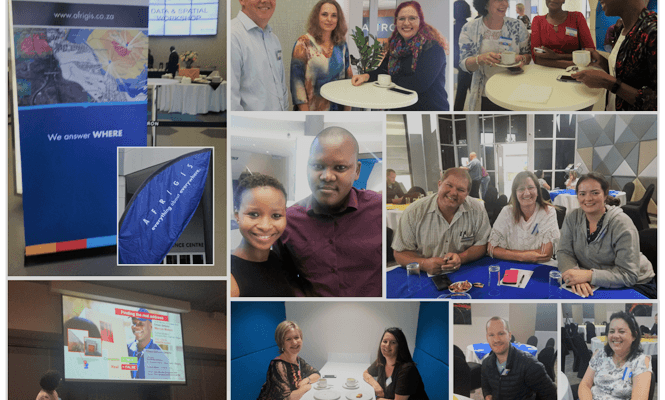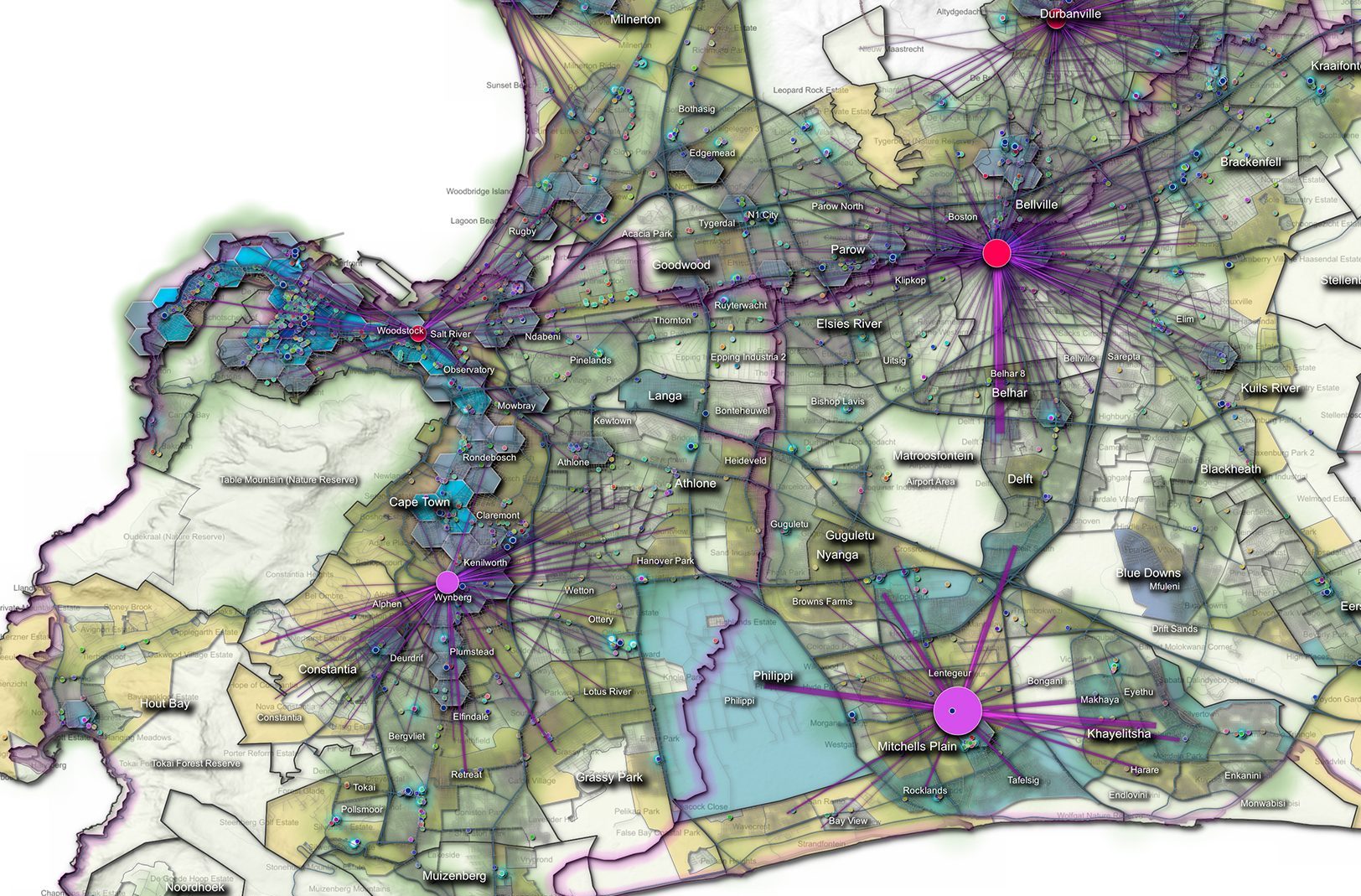AfriGIS Data and Spatial Workshop

Bytes Conference Centre, Midrand
There’s a huge amount of information out there, and companies in every industry are compelled to make sense of it all and most importantly, pull out valuable insights to drive future operations.
The first quarter AfriGIS Data and Spatial Workshop took place on 3 April 2019 at the Bytes Technology Conference Centre in Gauteng, bringing together business and data experts to further explore the previous year’s theme on Big Data management, systems, procedures and analytics. This year, the focus in on the future of Big Data, and new ways of sustaining it. One of the challenges is; the more data we gather, the harder it becomes to manage it. There’s a huge amount of information out there, and companies in every industry are compelled to make sense of it all and most importantly, pull out valuable insights to drive future operations.
Delegates were welcomed and treated to presentations from three of our specialists. First, our Data Manager Christopher Ueckermann started off in sharing some insights from the latest Data Release Notes. His presentation included data processes, updates of this release, as well as highlighting changes and additions made to the various datasets, just to name a few; the National Address Database, Points of Interests, Street Centrelines, Sectional Schemes and Gated Communities. He then shared what the Data Team have been focusing their efforts on during the last quarter, the direction AfriGIS is taking and where changes are taking place.
Delegates also heard from Marna Roos, our AfriGIS representative on various Data Standards committees, who provided interesting information around the standards of Data, both local and international. She explained the developments of addresses on a global level where 21 nationalities come together to apply their methodologies around structuring and maintaining of addresses. She also touched on the address standardised terminologies, the variables one needs to look at when maintaining an address, as well as the areas to keep into account when assigning an address. The goal around addressing is compliance and interoperability. If you have an address that is validated and verified, you are able create efficient service delivery from possible installations, deliveries and bills right through to emergency services.
Laurette Coetzee, AfriGIS Business Development Manager, concluded the day’s presentations by sharing real life examples of finding a real address, the challenges in the context of quality addressing and how they are used in organisations, specifically in a geographically verified, standards compliant address context.
In closing, Chief Business Officer, Brian Civin said the following: “Big data is going to change the way we do things in the future, how we gain insight, and make decisions. Big Data is everywhere. A key question in that is, the more data becomes available and more data sources are added; does this present a new opportunity or a business challenge, and where should your organisation focus their Big Data efforts on moving forward? There are strategic frameworks and principles available to reveal insights in your data. Turning data into actionable insights can be an unstructured process. Fortunately, there are several tools and techniques to help organisations go from data needs to actionable insights.”
AfriGIS master address datasets are SABS and ISO compliant and linked to a unique, single, persistent identifier. Our address platform contains more than 50 Million searchable address combinations. The next AfriGIS Data and Spatial Workshop is scheduled to take place in June 2019.

